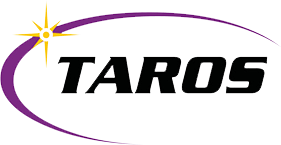Inhibitors to Overcome Secondary Mutations in the Stem Cell Factor Receptor KIT
Helena Kaitsiotou, Marina Keul, Julia Hardick, Thomas Mühlenberg, Julia Ketzer, Christiane Ehrt, Jasmin Krüll, Federico Medda, Oliver Koch, Fabrizio Giordanetto, Sebastian Bauer, and Daniel Rauh
J. Med. Chem., 2017, 60 (21), pp 8801–8815 DOI: 10.1021/acs.jmedchem.7b00841;
Abstract:
In modern cancer therapy, the use of small organic molecules against receptor tyrosine kinases (RTKs) has been shown to be a valuable strategy. The association of cancer cells with dysregulated signaling pathways linked to RTKs represents a key element in targeted cancer therapies. The tyrosine kinase mast/stem cell growth factor receptor KIT is an example of a clinically relevant RTK. KIT is targeted for cancer therapy in gastrointestinal stromal tumors (GISTs) and chronic myelogenous leukemia (CML). However, acquired resistance mutations within the catalytic domain decrease the efficacy of this strategy and are the most common cause of failed therapy. Here, we present the structure-based design and synthesis of novel type II kinase inhibitors to overcome these mutations in KIT. Biochemical and cellular studies revealed promising molecules for the inhibition of mutated KIT.
Want to know more about this publication? Contact our scientists
Drug Discovery
Taros’ international and multidisciplinary team has more than 180 years of pharmaceutical R&D experience. Collectively as a team, we worked on more than 120 biomolecular…

custom chemical services
Custom Synthesis
We support our customers by providing first kg quantities of fine and specialty chemicals, cost reduction of existing syntheses, streamlining chemical processes considering…

